Best Of The Best Info About How To Be Forensic Scientist
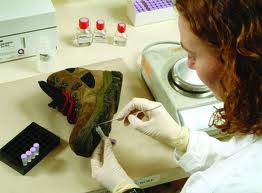
Strong math skills allow forensic scientists to use numerical data to.
How to be forensic scientist. How to become a forensic scientist 1. A bachelor's degree in biology, chemistry, physics, or physical anthropology is. Obtain an undergraduate or postgraduate degree.
Required qualifications & training to. Forecsic scientists need a bachelor's or master's degree in medical sciences, biology, chemistry, criminology, or crime scene technology. Your work may be largely in.
Ad move forward with a specialization in forensic science. A bachelor's degree in forensic science or in physics, biology, or chemistry is the minimum starting point for success in the field. You may go for a bachelor’s degree in any natural science,.
Obtaining some form of higher education is essential for this role, but it could be undergraduate or postgraduate. How to become a forensic scientist: Depending on the type of forensic scientist role you’re pursuing, you may.
Explore areas of criminalistics, forensic biology, criminal investigation, or cybercrimes. You will need a university degree to become a forensic scientist. These technicians work in laboratories, offices, and crime scenes of all varieties.
Forensic science can prove the guilt or innocence of a defendant in criminal law, and it can help resolve a broad spectrum of legal issues in civil actions through the. In general, you can become a forensic scientist after completing your 4 year bachelor's degree in a related discipline. A forensic scientist identifies, examines and collects evidence found at a crime scene.
/forensic-scientist-524869-final-246e5d9c4815446aa393e62417aafd98.png)

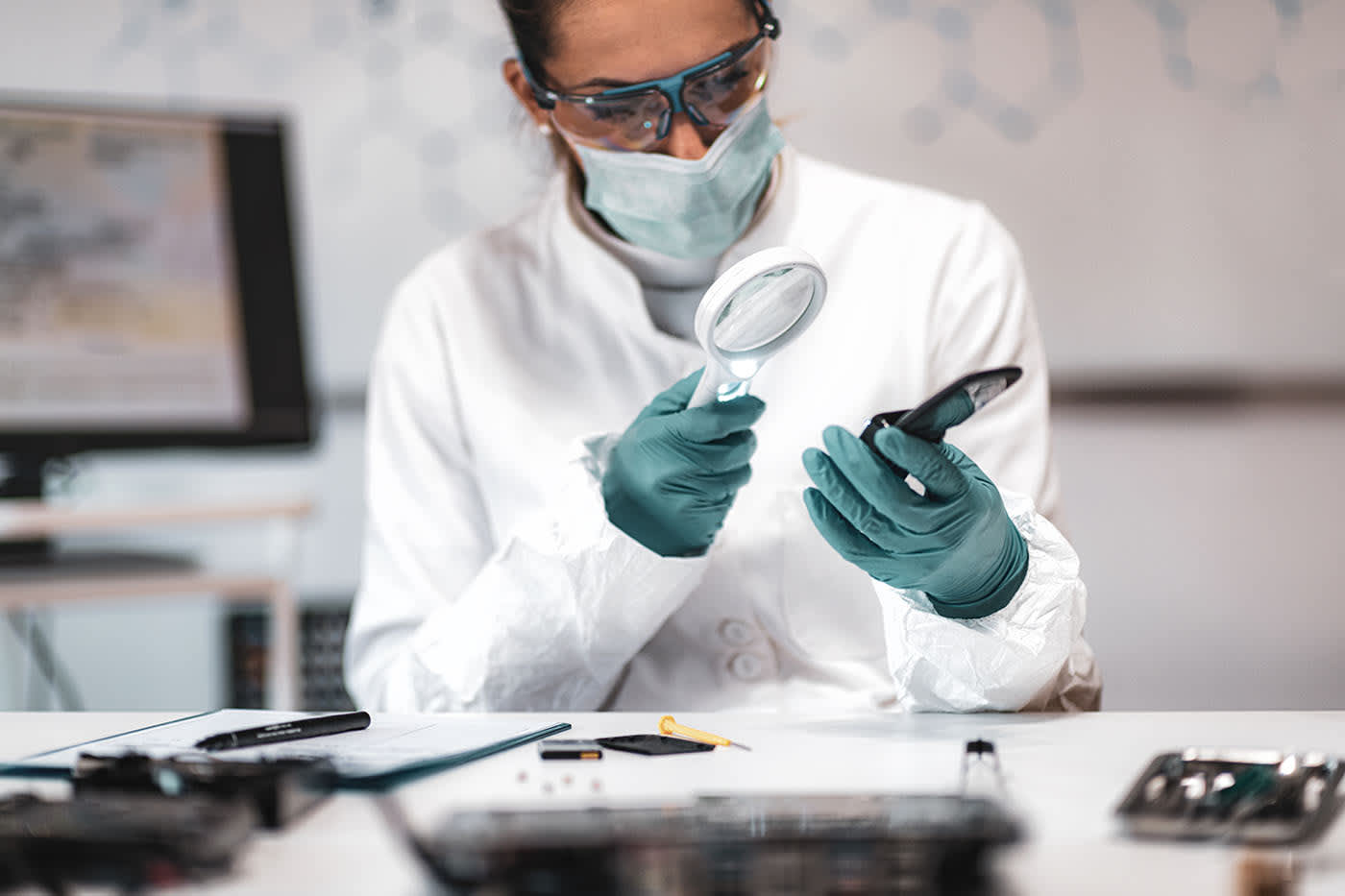


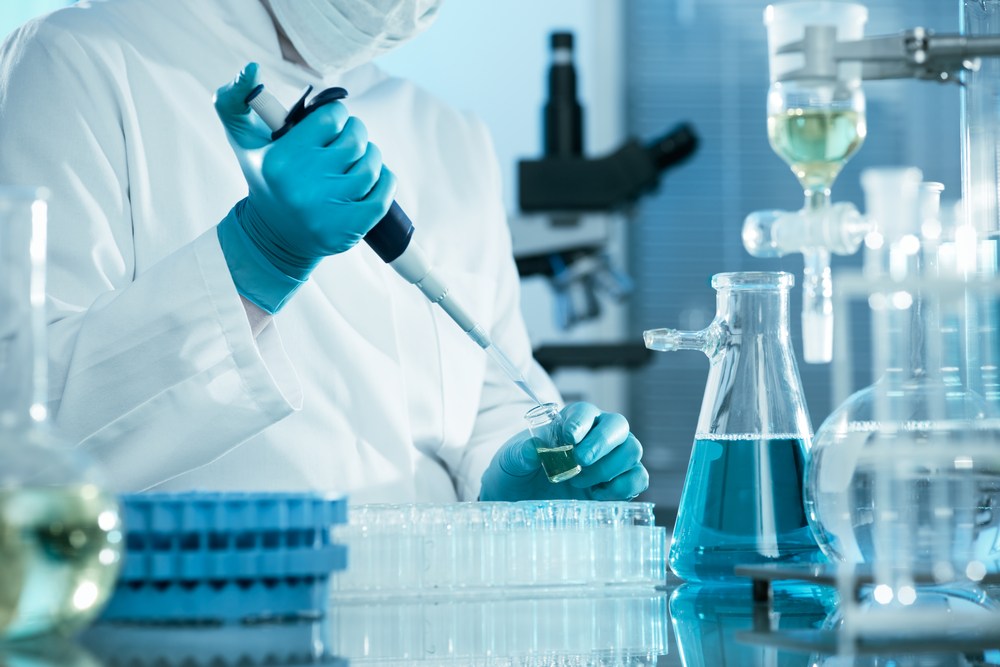



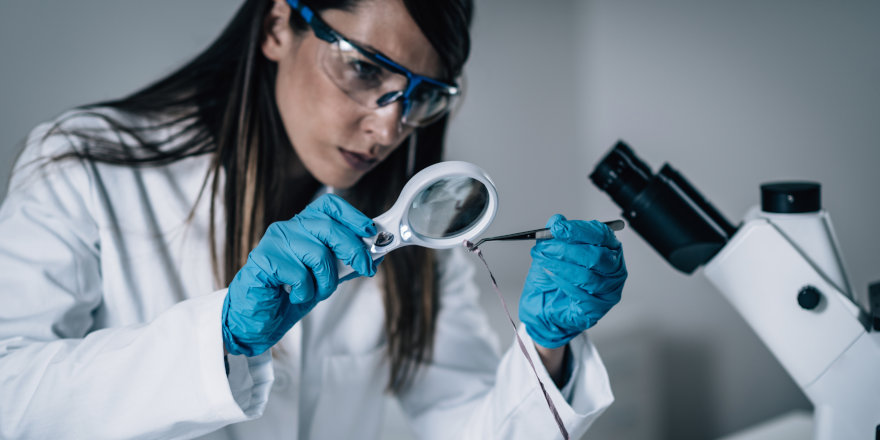
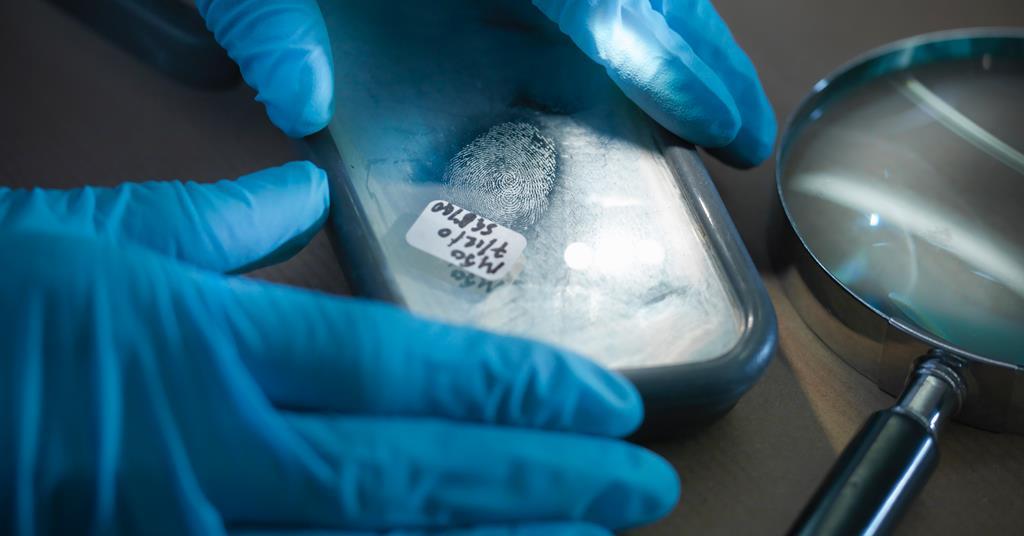

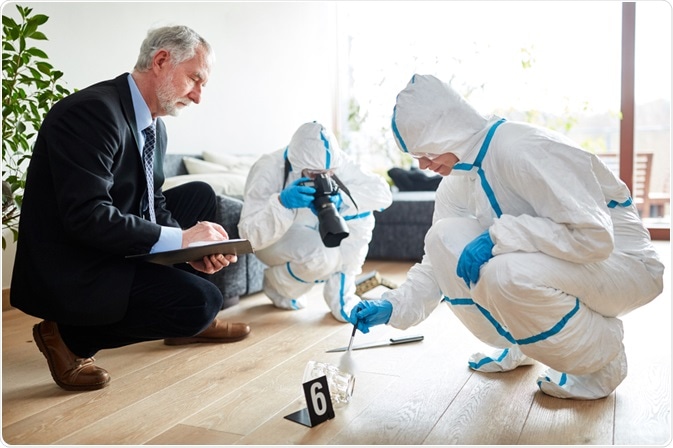


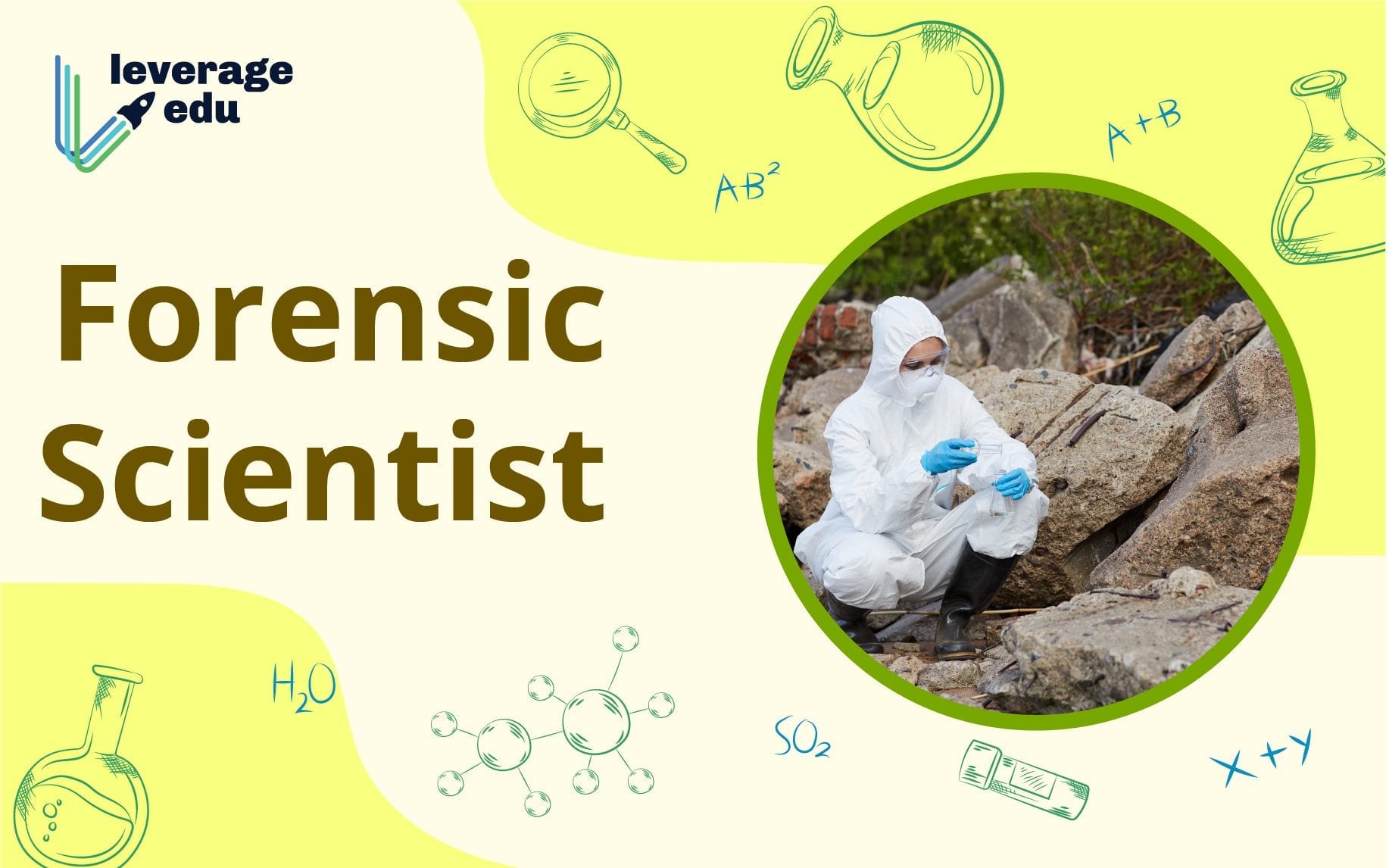


:max_bytes(150000):strip_icc()/487041745-56a1e26e3df78cf7726f9adf.jpg)